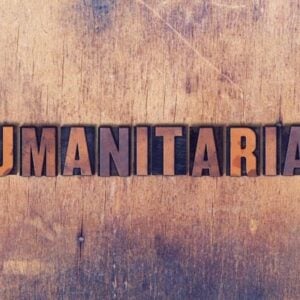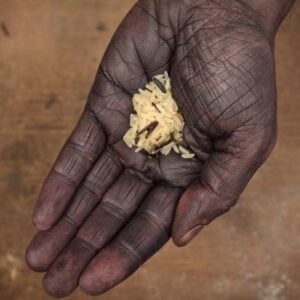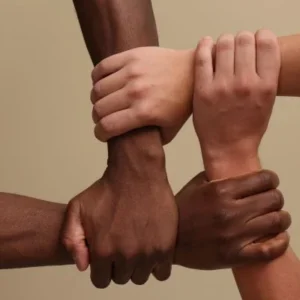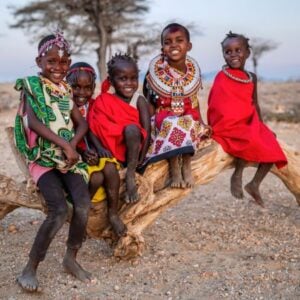The Government of the Republic of Korea has announced USD 30 million in humanitarian assistance to support lifesaving interventions in Gaza through UNDP, UNICEF, and WFP, in coordination with the Palestinian government. The announcement was made during a launch event in Ramallah attended by senior representatives from the Palestinian government and the UN, highlighting the urgent need for coordinated support amid Gaza’s unprecedented humanitarian crisis.
H.E. Dr. Samah Hamad, Minister of Social Development and Minister of State for Relief Affairs ad interim, emphasized the Palestinian government’s commitment to leading a coordinated humanitarian response through its Emergency Coordination Mechanism. The Republic of Korea’s support provides critical resources to address urgent needs in food, shelter, healthcare, education, and water access, reinforcing a nationally led response aligned with Palestinian priorities.
Youngkul Koh, Head of the Representative Office of the Republic of Korea to Palestine, noted that Gaza was selected as a key site for South Korea’s flagship humanitarian programs, with the USD 30 million contribution serving as a vital lifeline for affected communities. UN Resident and Humanitarian Coordinator Dr. Ramiz Alakbarov highlighted the impact of the support in restoring essential services, providing transitional shelters, and delivering food assistance to hundreds of thousands of people, while ensuring coordination with the Palestinian government for a nationally owned response.
Through UNICEF, USD 10 million will support over 200,000 people, particularly women and children, by restoring access to education, healthcare, and safe water and sanitation. This includes temporary learning spaces for 12,000 students, primary healthcare for 150,000 displaced individuals, and improved WASH services in schools, clinics, and community facilities, ensuring the inclusion of children with disabilities.
UNDP will receive USD 10 million to support early recovery efforts, including 540 transitional housing units and eight solar-powered community centers with water and sanitation access. The program promotes debris reuse, social cohesion, and prioritizes vulnerable groups such as women-headed households and persons with disabilities.
WFP will use the remaining USD 10 million to provide emergency food assistance to approximately 500,000 severely food-insecure individuals across Gaza, including internally displaced people in shelters and hard-to-reach areas. Local procurement will be used where possible to support the economy, while an additional 126,000 people in the West Bank will receive electronic food vouchers to access nutritious food.
Together, these interventions form a comprehensive humanitarian package addressing immediate needs in food, shelter, health, education, and WASH, fully aligned with the 2025 Humanitarian Flash Appeal and the Gaza Recovery Framework. By combining lifesaving support with early recovery and resilience-building measures, the Republic of Korea’s contribution demonstrates the Humanitarian-Development-Peace Nexus in action, helping communities survive today while laying the foundations for a more stable and inclusive future.







